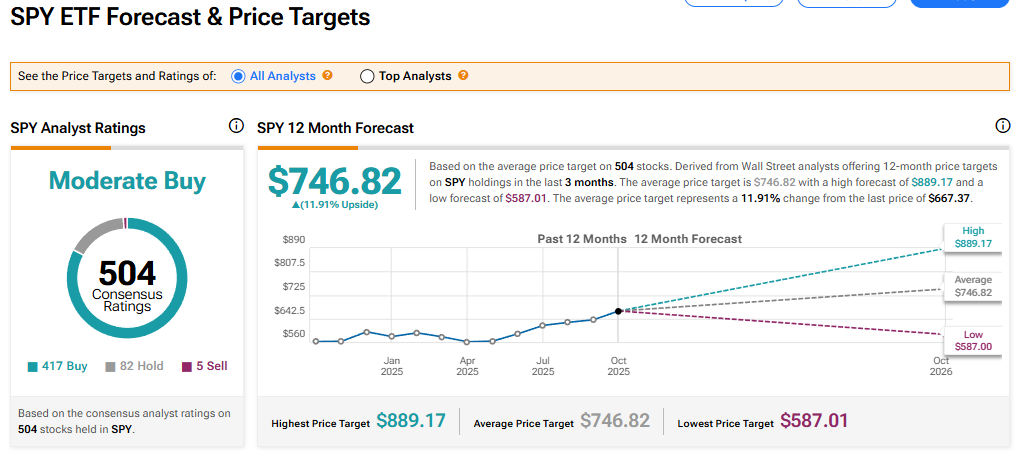China said that its position on trade wars remains consistent and clear—that they have no winners and are in no one’s interests—as it responded to U.S. President Donald Trump’s latest threat over soybean purchases and cooking oil.
Why It Matters
The simmering U.S.-China trade war reignited on October 9 when China imposed a new set of restrictions on rare earth exports, which the Trump administration says broke earlier tariff-cutting agreements between the two sides.
Trump said he would impose a 100 percent tariff on China as a consequence, triggering a global market sell-off.
Chinese soybean importers have not bought any soybeans from the latest U.S. harvest in retaliation for earlier U.S. tariffs, costing U.S. farmers (many of whom are Trump supporters) billions of dollars in lost sales.

What To Know
Trump on Tuesday accused China in a post on Truth Social of “purposefully not buying our Soybeans, and causing difficulty for our Soybean Farmers, is an Economically Hostile Act.”
Lin Jian, spokesperson for the Chinese foreign ministry, gave Beijing’s response at a regular press briefing on Wednesday.
He said the U.S. and China “should resolve differences through dialogue and consultation based on equality, mutual respect, and mutual benefit,” according to the Chinese state-run Global Times publication.
Trump said his administration was weighing retaliatory measures.
“We are considering terminating business with China having to do with Cooking Oil, and other elements of Trade, as retribution. As an example, we can easily produce Cooking Oil ourselves, we don’t need to purchase it from China,” Trump said.
China, once the largest buyer of American soybeans, has not purchased a single shipment since May, according to U.S. Department of Agriculture data. In 2024, China bought $12.5 billion of the $24.5 billion worth of soybeans the U.S. exported globally—more than 50 percent. For months now, the figure has been zero.
Nearly every product imported into the U.S. from China already faces steep tariffs, ranging from 50 percent on steel and aluminum, to 7.5 percent on consumer goods.
What People Are Saying
Chinese foreign ministry spokesperson Lin told a briefing on Monday: “China firmly rejects the recent U.S. restrictions and sanctions on China, and will do what is necessary to protect its legitimate rights and interests. Threatening high tariffs is not the right way to deal with China.”
Jennifer Fahy, co-executive director at Farm Aid, a nonprofit organization advocating for farmers, told Newsweek recently: “Farmers are suffering terrible losses…not economic blips, but potentially long-term or permanently lost markets due to ricocheting tariffs.”
What Happens Next
Trump is expected to meet his Chinese counterpart, Xi Jinping, late this month at a regional gathering in South Korea. It will be their first meeting since Trump returned to the White House in January.
Update 10/15/2025 4:55 a.m. ET: This story has been updated to include more information.



![[News] Microsoft Reportedly Moving Most Laptop and Server Production Outside China as Early as 2026](https://koala-by.com/wp-content/uploads/2025/10/Microsoft-20250909-624x458.jpg)



